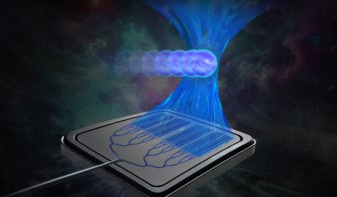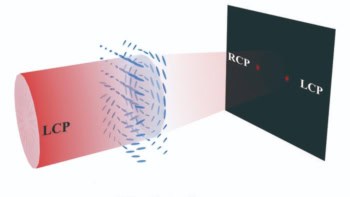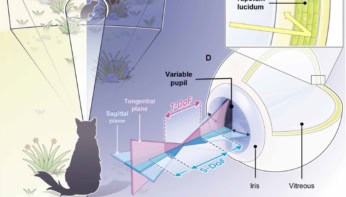Navigation has become incredibly convenient in recent years thanks to the proliferation of devices that use the Global Positioning System (GPS) and other similar global navigation satellite systems. Occasionally, however, you may experience your tracking dot struggle to pinpoint your position – usually when there are obstructions between you and the satellites. Inertial sensors in your phone can help out in these situations but they often become overwhelmed by electrical noise, making them unreliable.
This video introduces an alternative form of tracking being developed by the physicist Lia Li. Her start-up company, Zero Point Motion, is designing a new type of mass market optomechanical sensor based on a similar mechanism to that found in the Laser Interferometer Gravitational-Wave Observatory (LIGO). If successful, the sensor could find other varied applications – from avoiding blurred photos, to tracking patients’ heart rates and even monitoring wear and tear in civil infrastructure.
Find out more about Zero Point Motion and Li’s personal journey from academia to industry in this special profile article, originally published in the April issue of Physics World.



